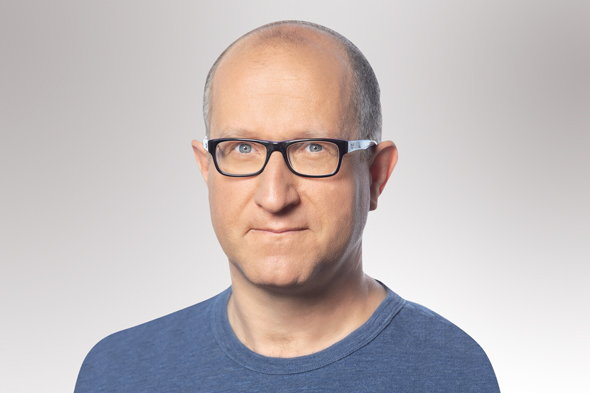Technion Suing Senior Professor for 50% of His Company Stake
Computer Science Professor Eli Ben-Sasson founded a blockchain company with his PhD candidate. Now, the Technion is claiming the company’s intellectual property as its own
15:0622.04.19
Israeli research university the Technion Israel Institute of Technology is bringing a civil case against one of its own, computer science professor Eli Ben-Sasson. In a filing submitted two weeks ago to Haifa district court, the institute alleges that Ben-Sasson violated the Technion’s intellectual property regulations by setting up a private company to commercialize his academic research. Now, the Technion is demanding 50% of Ben-Sasson’s stake in the company. This is the first time in two decades that the university is suing one of its professors.
For daily updates, subscribe to our newsletter by clicking here.
The company in question is StarkWare Industries Ltd., which Ben-Sasson co-founded in late 2017 together with his PhD candidate Michael Riabzev and several others. StarkWare aims to develop both hardware and software that will improve scalability and privacy in the blockchain using a technology called STARK (scalable transparent argument of knowledge) and based on zero-knowledge proof, a mathematical tool developed in the 1980s. The company raised $36 million to date.

Eli Ben-Sasson. Photo: Eyal Touegצילום: אייל טואג
Via Israeli law firm Ben Ari, Fish, Saban & Co., the Technion claims Ben-Sasson received Technion grants in the millions over a long period to develop the technology he is now commercializing via a private company. The institute also alleges that Ben-Sasson worked covertly to deprive the Technion of its rights and earnings in the intellectual property.
Ben-Sasson gave an interview to Israeli media in April 2018, detailing the technology behind StarkWare. According to the lawsuit, it was only roughly around that time that the Technion learned of the company’s existence. According to the lawsuit, the basis of StarkWare’s knowledge is the same theory Ben-Sasson has been working on for a significant part of his tenure at the institute. Three months after launching the company, the lawsuit stated, Ben-Sasson asked for leave without pay, failing to inform the Technion of the company’s existence.
A letter sent in March 2018 by Ben-Sasson’s legal representation and attached to the lawsuit as an appendix, bellies the Technion’s claims. The letter stated that StarkWare did not use and does not intend to use in the future any invention that belongs to the Technion, but rather the experience and skill of a Technion faculty member, and that it is developing the necessary intellectual property with the help of its own employees. The Technion, therefore, has no claim to any part of Ben-Sasson’s stake, or to anyone else’s, the letter continues, but nevertheless Ben-Sasson and StarkWare are willing to give the Technion a certain stake as a gesture of appreciation, contingent on reaching a settlement soon.
In the lawsuit, the Technion explained that its regulations state that any idea or scientific knowledge an employee is looking to commercialize are the intellectual property of the institute, which is thus entitled to half of the resultant earnings—unless the employee has received prior agreement from the Technion that the invention is an “exempt invention.”
Ben-Sasson’s odds of receiving such an exemption had he approached the Technion were “minuscule,” the lawsuit states.
Ben-Sasson’s legal representation denied the Technion’s claims, adding that the administration’s hurry to sue a faculty member and a student is hurting both the Technion’s ability to attract outstanding students and faculty, and the Israeli tech industry as a whole.
A spokesperson for the Technion reiterated the institute’s claims, calling the case “a serious one.”
A pre-hearing is set for June.
Related articles
Meir Orbach: contributed reporting.



